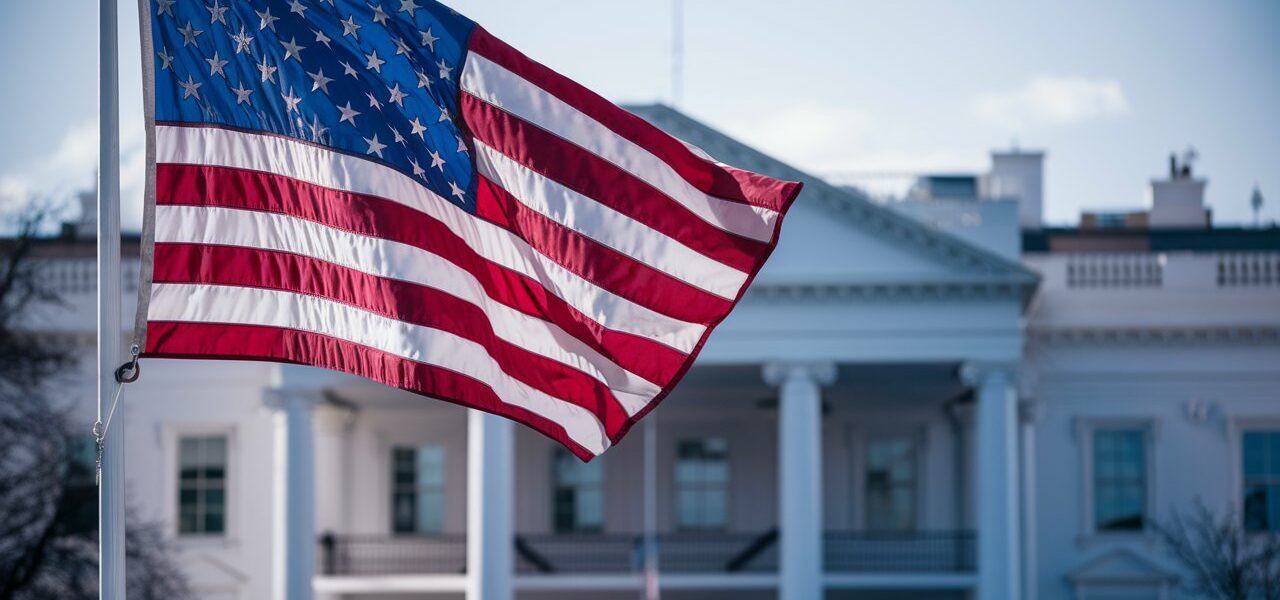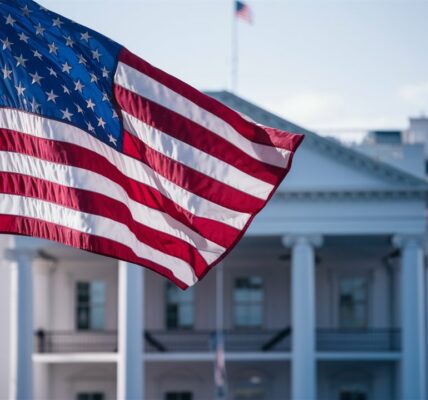Republicans Face Political Shockwaves in Crucial North Carolina: Controversy Surrounds Gubernatorial Candidate
North Carolina, a crucial swing state for the 2024 U.S. election, has been thrust into political turmoil as controversy engulfs the Republican gubernatorial candidate, Lt. Gov. Mark Robinson. As the election approaches, the state’s political landscape, already known for its fierce competition between Democrats and Republicans, is now further complicated by allegations against Robinson, a polarizing figure in the state. The scandal comes at a critical time, with both parties viewing North Carolina as a must-win state, particularly for former President Donald Trump’s hopes of returning to the White House.
The Allegations: A Political Firestorm Erupts
The controversy began when CNN published an exposé alleging that Robinson, over a decade ago, referred to himself as a “black Nazi” on a pornographic website. This revelation shocked many, as Robinson, who is running to become North Carolina’s first black governor, has long identified himself as an evangelical Christian. While Robinson quickly dismissed the report as “tabloid lies” and the BBC has not independently verified the claims, the damage may already be done. The timing of the scandal could not be worse for Republicans, who are keenly aware of the importance of maintaining a stronghold in North Carolina.
However, the reaction from conservative voters has been mixed. During a meeting of the Johnston County Republican Women’s committee, the news did not seem to faze attendees. Adele Walker, 52, a staunch supporter of Robinson, downplayed the allegations, calling them a “marital issue” that Robinson and his wife should address privately. Instead of withdrawing support, Walker’s group decided to increase their financial contributions to Robinson’s campaign, signaling their continued loyalty despite the controversy.
Republican Divisions: A Strained Alliance
The allegations against Robinson are not the first time he has found himself in hot water. In recent years, he has made a series of inflammatory statements, drawing criticism from Democrats and even some Republicans. In 2019, Robinson faced backlash for comments about abortion, where he suggested that women should be “responsible enough to keep your skirt down.” In 2021, he referred to the teaching of “transgenderism and homosexuality” in schools as “filth,” remarks that caused a national stir and prompted calls for his resignation.
These controversies have cast a long shadow over Robinson’s gubernatorial campaign, with some Republicans now questioning whether he is the right candidate to carry the party’s mantle in such a crucial race. Scott Lassiter, a Republican candidate for the North Carolina state Senate, expressed disappointment that Robinson had not stepped down before the state deadline, which would have allowed another Republican to take his place. Lassiter fears that Robinson has become a liability, calling him a “gift to Democrats” who would prefer to make every race on the ballot about him rather than focusing on the broader Republican agenda.
A State at the Crossroads: North Carolina’s Political Landscape
North Carolina has long been considered a pivotal state in presidential elections. While the state has traditionally leaned Republican, its growing urban centers and demographic changes have begun to tilt the balance toward Democrats. Barack Obama was the only Democrat to win North Carolina in the last 44 years, and that victory came in 2008. Since then, Republicans have managed to maintain a stronghold, but by increasingly narrow margins.
According to Steven Greene, a political scientist at North Carolina State University, the state is essential for Republican hopes of winning the White House. “It’s a lot harder to see Donald Trump getting to 270 without North Carolina than Kamala Harris,” Greene said, referring to the number of electoral college votes required to win the presidency. Recent polling suggests that the race in North Carolina is incredibly tight, with a survey from Emerson College Polling/The Hill showing Harris leading Trump by just one percentage point, well within the margin of error. This underscores the importance of every single vote in the state and highlights the potential impact of the Robinson scandal.
Trump’s Calculations: The Robinson Factor
Donald Trump has long held a strong influence over the Republican Party, and his endorsement has been a key factor in Robinson’s rise. Trump famously called Robinson “Martin Luther King on steroids,” a statement that underscored his enthusiasm for the candidate. However, recent events may force Trump to reconsider his support, especially as the fallout from Robinson’s comments and the CNN report continues to grow.
Reports suggest that Robinson will not be attending Trump’s upcoming rally in Wilmington, North Carolina, a notable absence given his prior regular attendance at Trump’s campaign events. Some Republicans believe that Trump may need to distance himself from Robinson to protect his own prospects in the state. A significant loss in North Carolina could be disastrous for Trump’s chances of securing the presidency in 2024, and any association with Robinson’s controversial past may prove to be a hindrance.
Divided Opinions: Voters React to Robinson’s Controversies
The reactions from North Carolina voters have been varied, reflecting the state’s deep political divisions. While some Republicans, like Adele Walker and Chris Meadows, the Guilford County Republican chairman, have stood by Robinson, others are more skeptical. One Republican voter, who preferred to remain anonymous, expressed his disapproval of Robinson but noted that his concerns would not affect his vote for Trump. “I don’t know what Trump knew about Robinson. The news of Robinson has no effect on me,” he said.
Meanwhile, some former Republican voters have been pushed further toward the Democratic Party. Evelyn Costelloe, 66, a voter who has backed Republicans in the past, said that Robinson’s comments, particularly those about abortion and the LGBTQ+ community, have solidified her decision to support Democrats in the upcoming election. “Stuff like that makes me want to vote for sure,” she told the BBC.
A Purple State in Flux: The Road to 2024
As the 2024 election draws nearer, the stakes in North Carolina have never been higher. Both Republicans and Democrats understand that the state’s 15 electoral votes could determine the outcome of the presidential race. While Republicans have historically had the upper hand, the state’s evolving demographics, coupled with the divisive nature of Robinson’s candidacy, could tip the scales in favor of Democrats.
For now, North Carolina remains deeply divided, with political analysts describing the state as a “deep shade of purple.” The outcome of the gubernatorial race, as well as its potential impact on the presidential contest, will depend largely on voter turnout. As Steven Greene pointed out, “People’s minds are probably largely made up,” but the lingering question is whether the controversy surrounding Robinson will energize Democratic voters or dampen Republican enthusiasm.
Conclusion: A Crucial Battleground
North Carolina’s role in the 2024 election cannot be overstated. With both parties fighting tooth and nail for control of the state, the controversy surrounding Mark Robinson has added a layer of unpredictability to an already volatile race. As Republicans grapple with the fallout from Robinson’s scandals and Democrats work to capitalize on his missteps, the future of this key battleground remains uncertain.
Ultimately, the outcome in North Carolina may come down to a matter of margins. With Donald Trump’s path to the presidency potentially hinging on the state, every vote will count. Whether Robinson’s candidacy proves to be a political albatross or a rallying point for Republicans remains to be seen, but one thing is clear: North Carolina will be a state to watch as the 2024 election unfolds.





